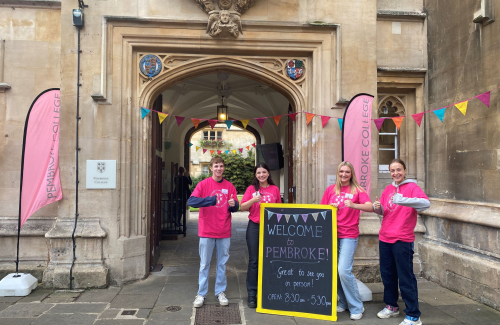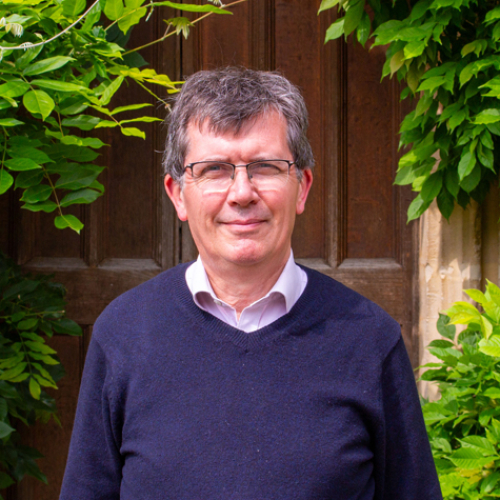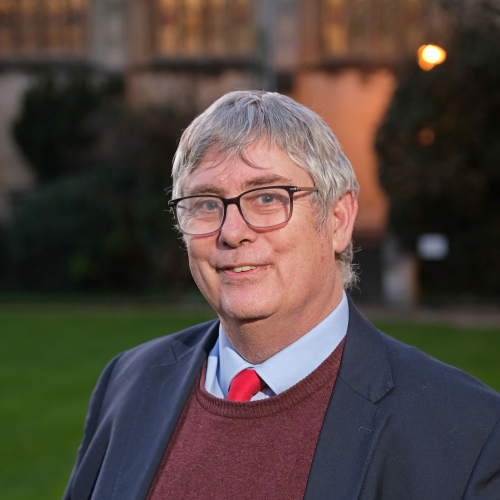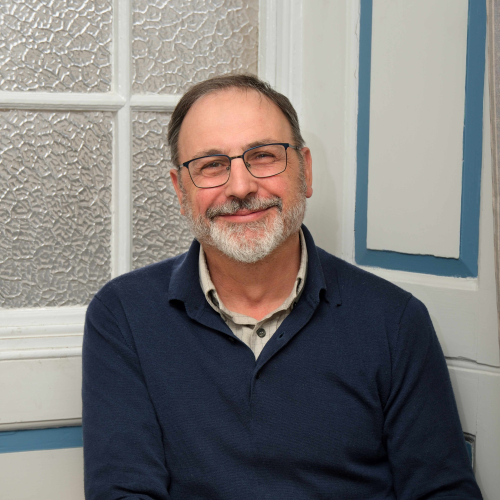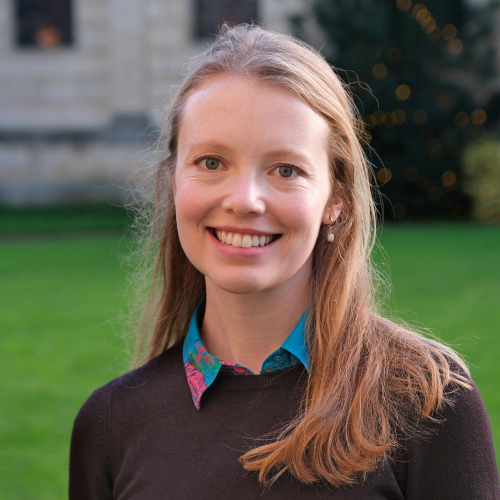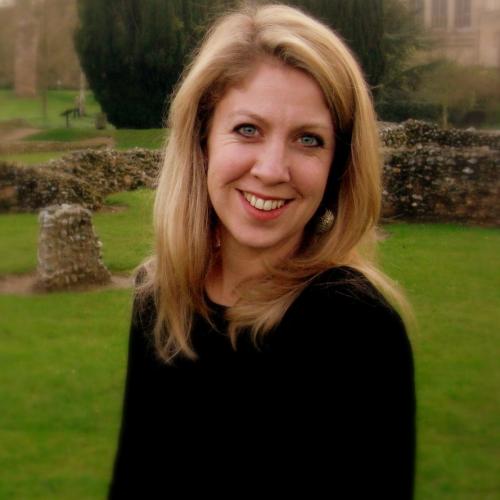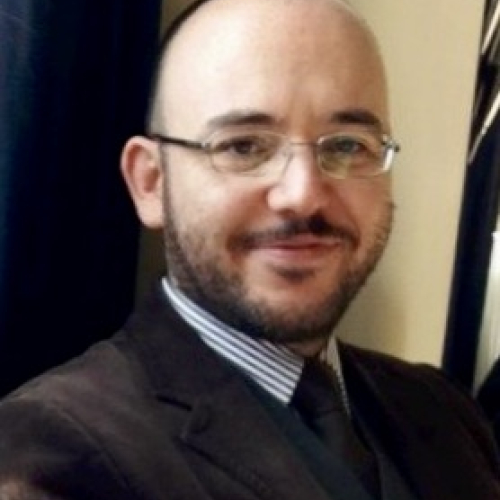History and Modern Languages
Why Choose Pembroke?
You can study History with one of the following: French, Italian, German, Spanish, Portuguese, or Modern Greek.
The Senior History Tutors are Stephen Tuck, an expert on the history of America, and Adrian Gregory, a specialist in First World War history and the writing of historical memory. Our key tutors in Modern Languages are Tim Farrant, Tutorial Fellow in French with research interests in 19th century French literature and culture, and Guido Bonsaver, Tutorial Fellow in Italian who specialises in modern Italian culture and, in particular, on the relationship between history, literature and film.
- Beginners’ language applications are welcome in German, Italian, Modern Greek and Portuguese.
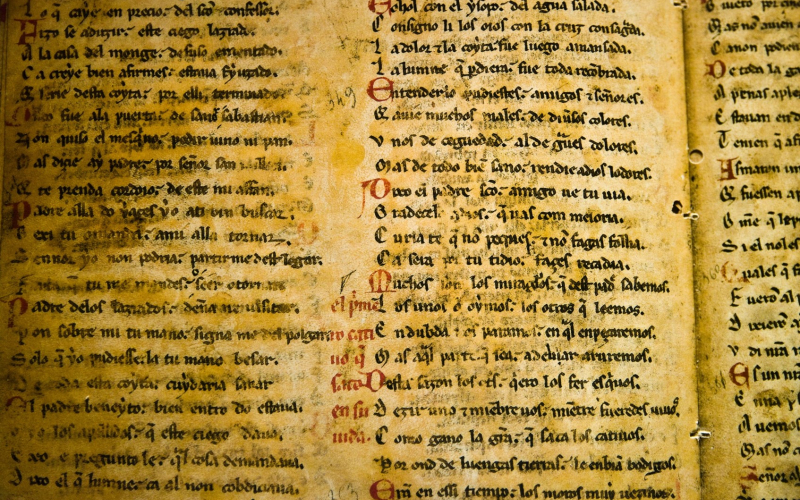
Looking for single honours courses?
This course can be taken as a single honours course in History or Modern Languages.
Have you considered our joint honours courses?
Both of these disciplines form part of several joint honours courses, including History and English, History and Politics, History and Economics, European and Middle Eastern Languages, English and Modern Languages, and Modern Languages and Linguistics.
Meet Our Academics
-
The Arthur Felix Broomfield prize is for 2nd year undergraduates reading History (including joint schools)
-
The prize is to contribute towards travel to be taken outside the British Isles
-
The total fund available is £700 - typically, one award is made each year
Pembroke Historians and Modern Languages students are eligible for £100 of funding in their first year and another £100 in their final year towards the cost of books for their course for personal use.
History and Modern Languages
Why Choose Pembroke?
You can study History with one of the following: French, Italian, German, Spanish, Portuguese, or Modern Greek.
The Senior History Tutors are Stephen Tuck, an expert on the history of America, and Adrian Gregory, a specialist in First World War history and the writing of historical memory. Our key tutors in Modern Languages are Tim Farrant, Tutorial Fellow in French with research interests in 19th century French literature and culture, and Guido Bonsaver, Tutorial Fellow in Italian who specialises in modern Italian culture and, in particular, on the relationship between history, literature and film.
- Beginners’ language applications are welcome in German, Italian, Modern Greek and Portuguese.

Looking for single honours courses?
This course can be taken as a single honours course in History or Modern Languages.
Have you considered our joint honours courses?
Both of these disciplines form part of several joint honours courses, including History and English, History and Politics, History and Economics, European and Middle Eastern Languages, English and Modern Languages, and Modern Languages and Linguistics.
Meet Our Academics
-
The Arthur Felix Broomfield prize is for 2nd year undergraduates reading History (including joint schools)
-
The prize is to contribute towards travel to be taken outside the British Isles
-
The total fund available is £700 - typically, one award is made each year
Pembroke Historians and Modern Languages students are eligible for £100 of funding in their first year and another £100 in their final year towards the cost of books for their course for personal use.
